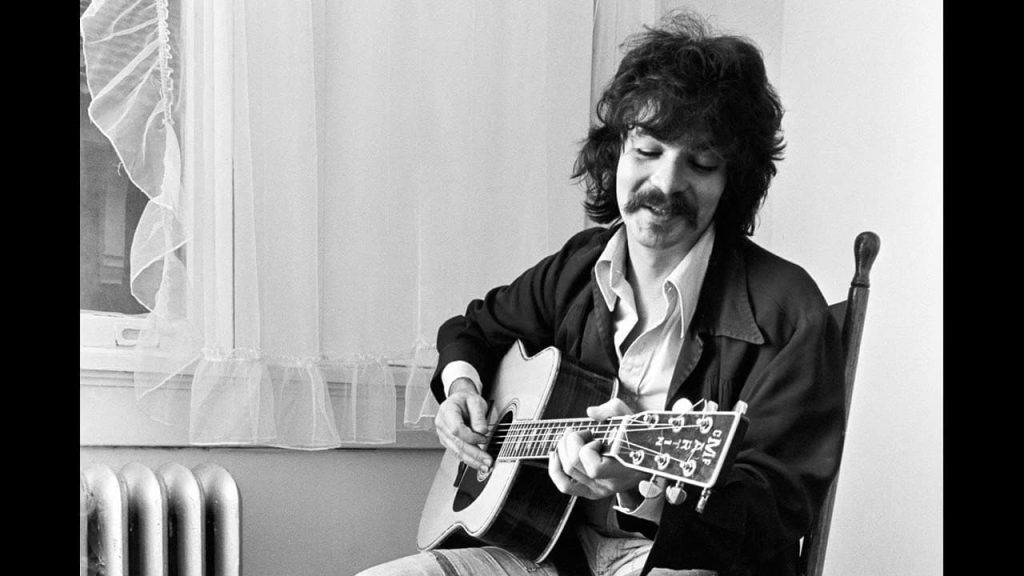
A son’s quiet elegy for a vanishing homeland—and the way memory becomes the last place untouched by time.
When John Prine released “Paradise” on his 1971 debut album John Prine, the song never touched the major charts, yet it quickly carved out a legacy far larger than any ranking could measure. Within circles of folk, country, and Americana, it became one of Prine’s most enduring works—adopted by artists as varied as John Denver, the Everly Brothers, and Dwight Yoakam, each recognizing the song’s rare blend of simplicity, sorrow, and truth. From the moment listeners first encountered it on that quietly revolutionary debut record, “Paradise” announced Prine as a songwriter capable of holding entire worlds in a few unassuming lines.
What makes the song unforgettable is the way it transforms a personal family story into a universal meditation on loss. At its heart, “Paradise” is Prine’s remembrance of his parents’ hometown of Paradise, Kentucky—a place shaped by the warmth of rural routines, the quiet dignity of working families, and the fragile beauty of the Green River. But it is also a chronicle of how easily such places can disappear. Prine writes not with anger, but with an aching clarity, capturing the way industrial hunger—specifically strip mining—erases not just geography but the emotional architecture of a community. The song becomes a lament for a landscape pulled apart, yet also a testament to the stubbornness of memory, that final refuge no company can bulldoze.
The structure of the composition mirrors its emotional arc: gentle, almost lullaby-like at first, as if Prine is guiding the listener through a scrapbook; then growing heavier as the truth of what happened to the town settles in. The melody carries a softness that contrasts sharply with the weight of the subject, making the song feel like a conversation on a front porch at dusk—someone quietly telling you where they come from and why it no longer looks the same.
Prine’s genius lies in how he weaves nostalgia with realism. The song never slips into fantasy, nor does it preach. Instead, it moves with the sadness of someone who has accepted the inevitable but still longs for one more glimpse of what used to be. “Paradise,” in that sense, becomes less about a specific place and more about the universal ache of watching the world change faster than the heart can follow. It speaks to anyone who has returned home to find the landmarks of childhood erased or unrecognizable.
Across decades, the song has grown into one of Prine’s defining compositions—not because it climbed charts, but because it speaks with a purity that listeners trust. It preserves a forgotten corner of Kentucky, yes, but even more, it preserves the bittersweet truth that every person carries a version of “Paradise” inside them: a place, a memory, or a moment that exists now only in story, kept alive by the telling.